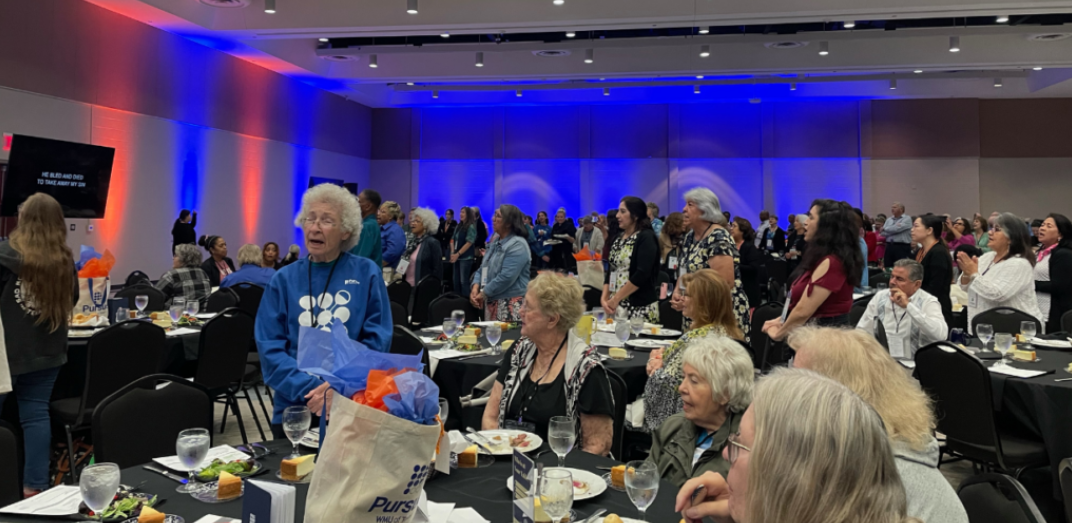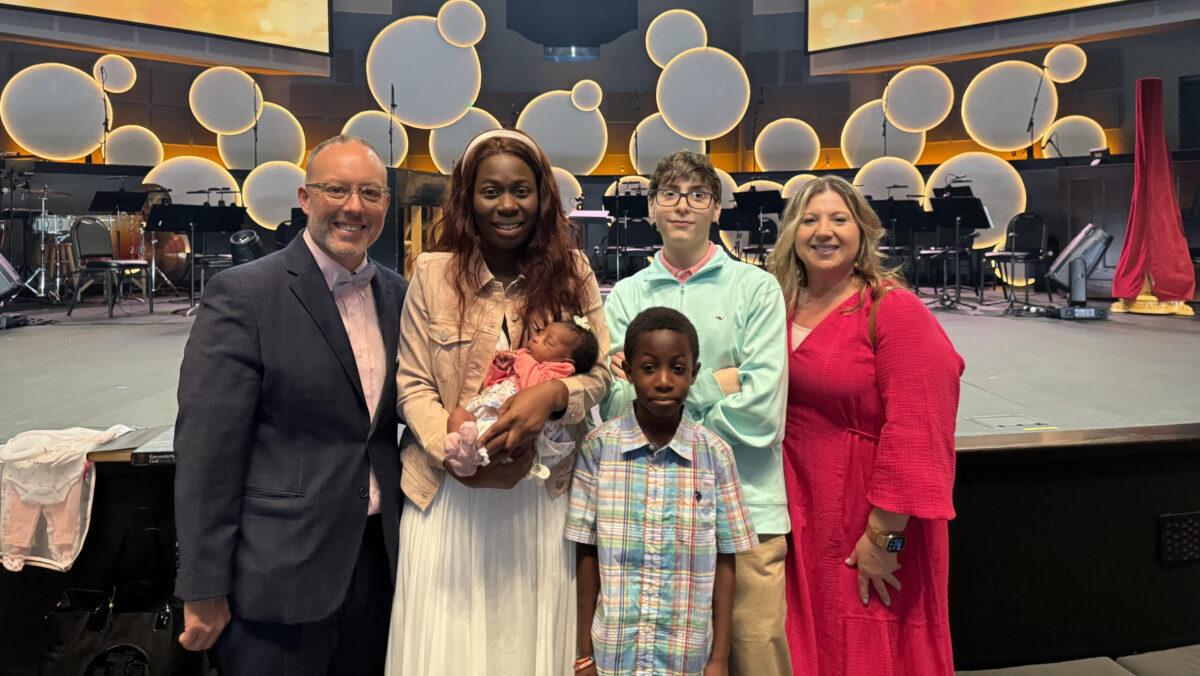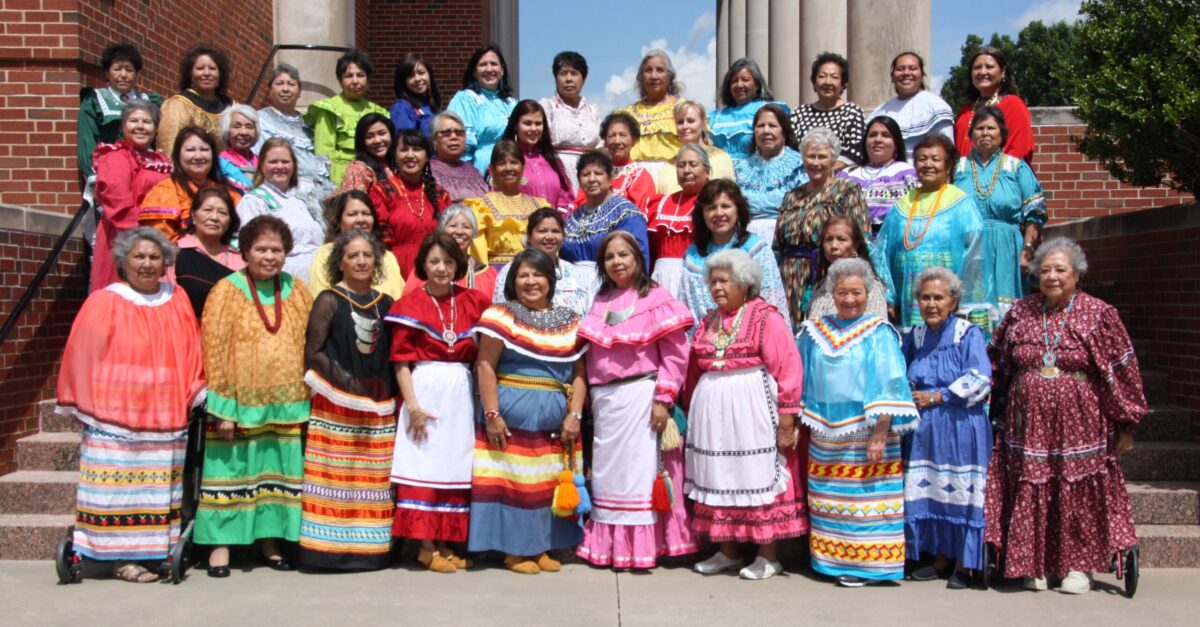Last Friday (Jan. 20), thousands of enthusiastic individuals from every corner of the pro-life movement gathered on the National Mall for the March for Life. This year was my first March, but many around me had traveled hundreds of miles each January for 50 years. This time, they gathered with a sense of victory in light of the overturning of Roe — but also with a solemn awareness that there will always be reason to keep going.
Now that the movement’s igniting cause has been settled, many wondered if the March would continue. During the event, the organization’s leader Jeanne Mancini asked the eager attendees, “Should we still march?” The crowd responded with cheers and excitement because most are all too aware of the work left to be done.
Conversations throughout the day centered on the tragedy of increasing access to abortion pills that undermines state-level abortion bans, the newfound importance of pro-life state legislators, and ultimately, the task of affecting “hearts and minds” of our neighbors who are blind to the innate value of a human life.
‘Important reminders’
I came away from this moving experience with three important reminders.
Praise God for our freedoms: I’m thankful that the Ethics & Religious Liberty Commission is present in conversations about preserving religious freedom.
No matter what happens next, we are free to raise our voices to defend the defenseless. Looking around at friends and strangers lifting up their voices as well as their banners was a moving experience. One of the most powerful moments was when a woman named Casey who has Down syndrome spoke on stage about the amazing opportunities she has had and the love and joy in her family. “I love my life!” she exclaimed. In our global context, petitioning the government with hope and joy is a rare sight, and one to be treasured.
Embrace interfaith and interdenominational efforts: The pro-life movement is a team effort and an opportunity to unite with our neighbors.
The March for Life embodies unity among differences — it is a tapestry of diverse yet allied voices from many religions, and especially many Christian denominations. As I walked next to Jesuit, Catholic and Lutheran brothers and sisters, just to name a few, I was inspired to learn more about their beliefs and lifestyles. I was challenged to see them as teammates instead of strangers with whom I see differently on important theological matters.
We may have different approaches to defending the defenseless, but it is our collective efforts at the local level that affect individual decisions for life.
Proceed faithfully: Our pro-life work should reflect our Savior.
One reason I was hesitant about coming to the March for Life in years’ past is because I feared being associated with messages that didn’t represent the truth, grace and mercy of Jesus. My friends who counsel post-abortive women have seen the harm of shameful messaging targeted at women who chose abortion. However, my worries about insensitivity at the March proved largely untrue, at least in 2023.
Like any collaboration of imperfect humans, there is going to be some messiness, and to those in our churches who have been shamed pre- or post-abortion, I am truly sorry. Together we must proceed faithfully, holding tightly to Jesus’ example when he interacted with those considered by society to be the worst of sinners, like in this powerful scene:
“And the scribes of the Pharisees, when they saw that he was eating with sinners and tax collectors, said to his disciples, ‘Why does he eat with tax collectors and sinners?’ On hearing this, Jesus said to them, ‘It is not the healthy who need a doctor, but the sick. I have not come to call the righteous, but sinners’” (Mark 2:16-17 ESV).
It was 49 years ago that that the first March for Life was held on Capitol Hill following the Supreme Court’s Roe vs. Wade decision in 1973, a case that fabricated a Constitutional “right to abortion” and led to abortion access in every state. Since then, the pro-life community has opened pregnancy care centers, called on members of Congress to enact policies that help inform mothers about abortion and its alternatives, adopted children who were born into adversity, and faithfully marched. Every single year, whether in deep snow, rain, or cold, thousands have marched to stand up for the rights of the voiceless in the United States.
Throughout my lifetime, I hope to see many victories for the preborn, for the disabled community, for those at the end of life, and others who are silenced and prevented from living the life God gave them. When the decisions don’t go our way, we must continue to exercise our freedoms to assemble and petition. When enemies try to divide our movement and our churches with strife, we must remain unified and focused. When we make judgements and mistakes in the process, we must proceed faithfully, centered on the compassion of Christ.
Moving forward, the movement will change with policy and culture, and the essential work of Southern Baptist churches and the broader pro-life movement must continue.
My experience at the March inspired me to keep going until abortion is unthinkable in America and around the world, and I hope you will too.
EDITOR’S NOTE — This story was written by Anna Claire Flowers and originally published by the Ethics and Religious Liberty Commission.








